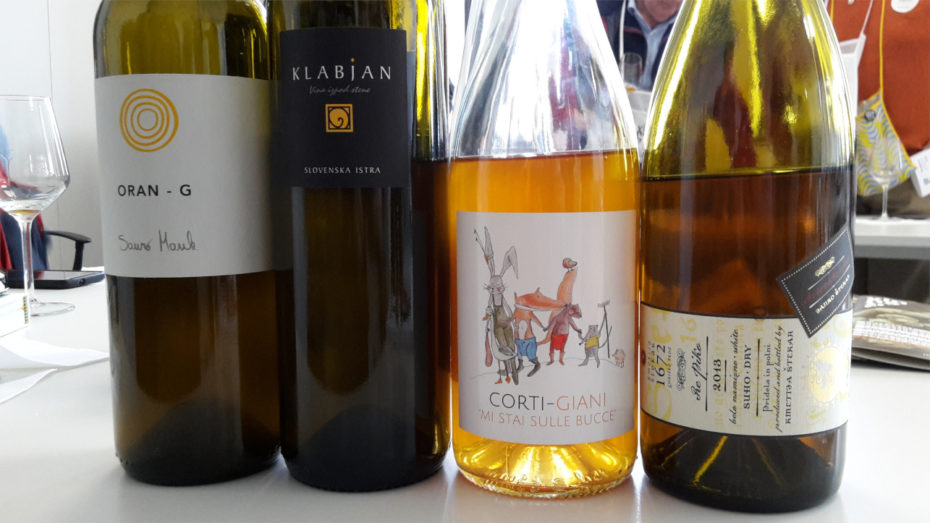Share on
- by THENATIVEGRAPES
- Filed under 2019, Europe, France, Italy, Native Reds, Native Whites, NATURAL, Natural Wine, Slovenia, Spain, Veneto, Wine.
- Tagged 2019, Austria, France, italy, native grapes, native red, native white, northeast italy, Portugal, Slovenia, SPAIN, veneto, VINNATUR.


